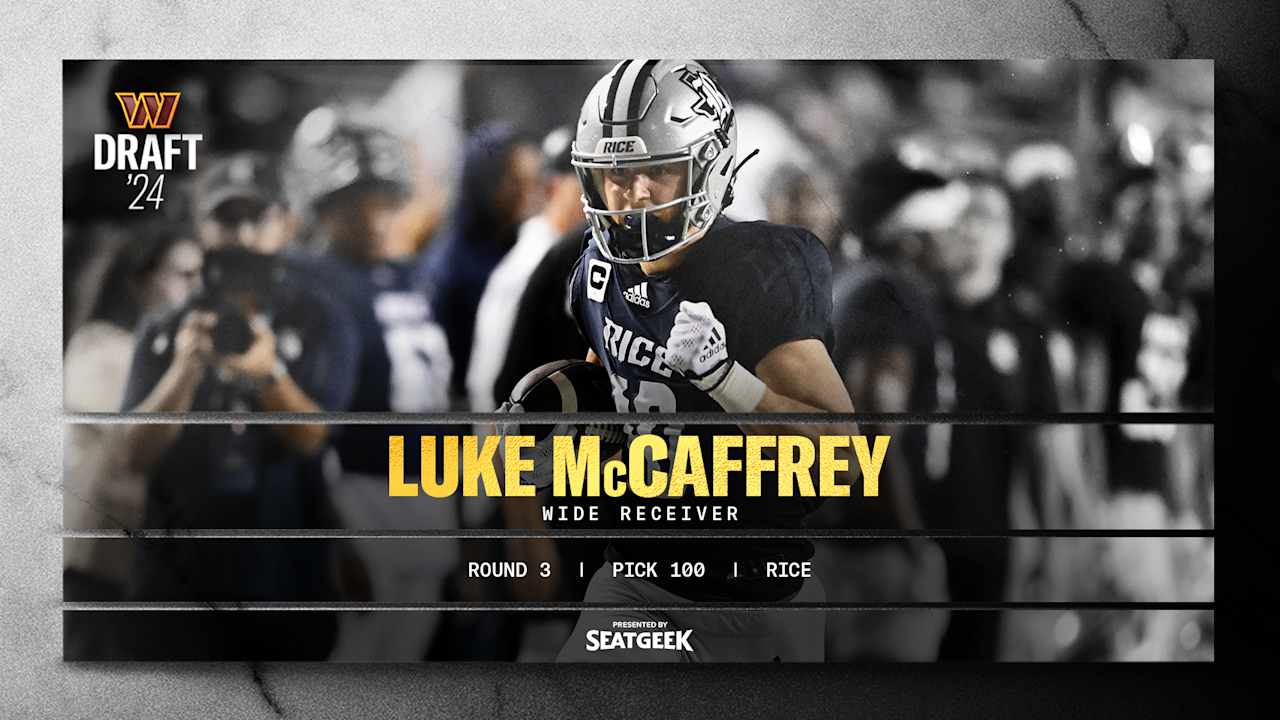After losing an NBA single-season record 28 games and starting the season with a league-worst 3-36 record, the Detroit Pistons are shaking things up … but with an eye down the road.
On Sunday, league sources confirmed to The Athletic that Detroit has agreed to send Marvin Bagley III, Isaiah Livers and two second-round picks (2025 and 2026) to the Washington Wizards for Danilo Gallinari and Mike Muscala.
The move, first reported by ESPN, sets up the Pistons for what has to be a big summer. Bagley had one year left at just over $12 million on his contract, while the players Detroit is acquiring have expiring contracts. Detroit could have around $60 million in cap space this summer, with Gallinari, Muscala, Alec Burks, Joe Harris and Monté Morris all having contracts expiring after this season. James Wiseman and Killian Hayes are on the final years of their rookie deals. Veteran Bojan Bogdanović has a partially guaranteed contract that would knock more than $17 million off the Pistons’ books if they choose to part ways before June 24.
That’s a lot of flexibility and, in turn, the possibility of a complete roster overhaul for a franchise that clearly needs it.
This move is the first step in Detroit trying to right its wrong of this past summer and this season. However, all of it will be for nothing if the Pistons can’t capitalize on the significant financial flexibility. To put it frankly, after this season, there are no more excuses.
This trade publicly says that the Pistons plan to make significant roster upgrades this summer. Financial flexibility has been a key phrase among the organization’s higher-ups. All of that is well and good, but if Detroit doesn’t make great use of it, then it could continue to find itself stuck where it has been for much of the last decade: in the NBA’s basement.
When most people hear “cap space,” their mind immediately goes to free agency. And, yes, while Detroit’s cap space could lure a potential max-level, unrestricted player in free agency — let’s say Toronto’s Pascal Siakam — the Pistons also could look to add multiple players who are projected to make around $20 million to $30 million annually — the likes of Indiana’s Buddy Hield and Philadelphia’s Tobias Harris. Furthermore, the Pistons could make big-time offers to upcoming restricted free agents — like a Tyrese Maxey — and scare off their current teams.
Possibly most importantly, cap space can be used to acquire players in a high-leverage situation — see Detroit getting the No. 13 pick in 2022 to take on players/salaries (Kemba Walker) from the New York Knicks — or a high-salary player via trade without having to match salaries. For example, let’s say Detroit lands the No. 2 pick in the 2024 NBA Draft, doesn’t particularly like this class and wants to trade with, for example, the Utah Jazz for Lauri Markkanen. The Pistons won’t have to match salaries to take on Markkanen’s deal.
Having a substantial amount of cap space allows Detroit to add pieces in various ways. But if it doesn’t use that space on the right players, then what was it all for?
The Pistons have a massive summer ahead, maybe the most critical over the last 20 years for the organization. The table is set to build a competitive roster while still holding onto the majority of the promising young talent it spent the last four years acquiring.
Doing it is another story.
Let’s see how the Pistons handle this situation. There are no more excuses from here.
Related reading
Edwards: Wemby and the Pistons would have been a perfect marriage
(Photo of Isaiah Livers: Rob Gray / USA Today)

Christine Lake is a sports fanatic who lives and breathes athletics. With an extensive background in sports journalism, he covers everything from major league championships to grassroots sports events. When she’s not on the field or at the stadium, you’ll find Christine coaching youth sports teams.




:max_bytes(150000):strip_icc():focal(728x321:730x323)/kate-hudson-bill-hudson-042624-1a-98ec5edb65f44ee19d94b512da307611.jpg)



